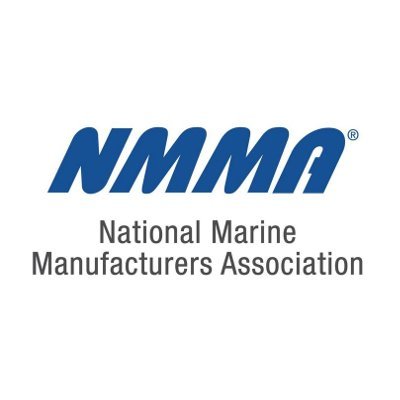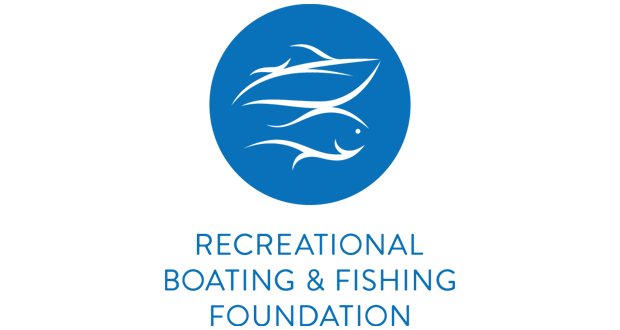Settlement reached for ballast water permits
WASHINGTON — The U.S. Environmental Protection Agency and conservation organizations have reached a settlement that will curtail invasive, waterborne species.
The agreement requires EPA to issue a new permit regulating ballast water discharges from commercial vessels in settlement of lawsuits brought by a dozen conservation groups challenging the legality of EPA’s existing permit.
“Until this point, EPA’s permit has left an open door to new invasions from ballast water dumping,” said Thom Cmar, attorney for the Natural Resources Defense Council (NRDC) in a statement. “This settlement should prompt EPA to treat ‘living pollution’ as aggressively as it would an oil spill or toxic release. With aquatic invasions occurring all over the country, from the Chesapeake Bay to the Great Lakes to San Francisco Bay, this action is long overdue.”
Under the settlement, EPA has agreed to publish a draft of a new Vessel General Permit by November 2011 and to issue a new permit by November 2012 that would not go into effect until the current permit expires in December 2013. By allowing more than two years from the time the permit is proposed to the time the new standards would go into effect, ship owners will have more time to comply with treatment requirements than they would otherwise receive. The settlement also requires EPA to encourage states to develop regionally consistent approaches to setting ballast water standards
This settlement resolves court challenges brought in 2009 by the conservation groups, who contended that EPA’s current Vessel General Permit does not adequately protect U.S. waters from invasive species.
The following groups were party to the settlement: National Wildlife Federation, Indiana Wildlife Federation, League of Ohio Sportsmen, Minnesota Conservation Federation, Prairie Rivers Network, Wisconsin Wildlife Federation, Alliance for the Great Lakes, Ohio Environmental Council, Northwest Environmental Advocates, Center for Biological Diversity, Natural Resources Defense Council and People for Puget Sound. The Environmental Law Clinic at Stanford Law School and Pacific Environmental Advocacy Center (PEAC) at Lewis and Clark Law School in Portland, OR, represented three of the organizations.
- Can’t get enough boating news? Subscribe to our blog’s RSS feed, follow us on Twitter or look for “Boating Industry” on Facebook and LinkedIn.
- For more of the latest news, click here.




